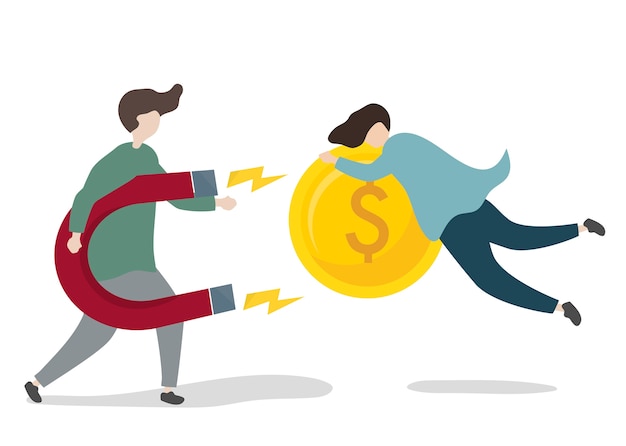Understanding Chase Overdraft Fees: Costs and Strategies to Prevent Them

If you write a check or use your debit card for more money than you have in your checking account, it’s called an overdraft. Chase charges $34 for each overdraft, with a maximum of three overdraft fees per day. However, if the purchase is $5 or less, Chase will waive the fee.
Overdraft fees are unpleasant and can make saving money difficult while also putting your account at risk. Each bank has its own rules for overdraft fees, and Chase might waive them depending on your account type. Overdraft protection is another option to consider.
Here’s what you need to know about Chase overdraft fees:
**Cost of Chase Overdraft Fees**
If you overdraw your account, Chase typically charges a $34 fee unless the overdraft is due to a transaction of $5 or less. Chase may honor checks, automatic payments, and recurring debit card purchases based on your account history, but everyday debit card purchases might be declined if your account isn’t in good standing.
**Chase Overdraft Fee Rules and Limits**
Chase’s rules are straightforward. They allow up to three overdraft fees per day, totaling up to $102 daily. You won’t be charged an overdraft fee if:
– You have Chase Overdraft Assist℠ and your account is overdrawn by $50 or less by the end of the day, or you bring your balance to $50 or less overdrawn by the next business day.
– Your purchase is $5 or less.
– You use your Chase debit card for a transaction when there’s enough money in your account to cover it.
To avoid overdrafts, transfer funds to cover the difference before the end of the business day. The cutoff times are:
– At a branch: Before it closes
– At an ATM: Before 11 p.m. ET
– Online, through the app, or via Zelle: Before 11 p.m. ET
**How Chase Applies Deposits and Withdrawals**
Chase processes deposits first, then subtracts wire transfers, regular debit card transactions, online transactions, teller withdrawals, Chase ATM withdrawals, and cashed checks. This gives you until the end of the next business day to deposit enough money to cover your transactions and avoid overdraft fees.
**How to Overdraw Your Chase Account**
An overdraft happens when transactions exceed your available balance. Chase considers all deposits before processing debit card payments, ATM withdrawals, checks, or other deductions. If your balance is overdrawn by more than $50 and you don’t deposit enough money by the end of the next business day, overdraft fees may apply.
**Chase Overdraft Limits**
Chase doesn’t have specific overdraft limits but uses its discretion when approving overdraft transactions. They may deny or return the transaction unpaid if they choose not to approve the overdraft.
**Getting Chase Overdraft Fees Waived**
You can contact Chase to request a fee waiver, but it’s up to the bank’s representatives. To avoid overdrafts, keep a balance in your account and link your Chase checking account to another Chase account for automatic transfers to cover overdrafts. Some Chase accounts, like Chase Private Client Checking℠ and Chase Sapphire℠ Checking, waive all overdraft fees if they occur on four or fewer business days within the current and previous 12 monthly statement periods.